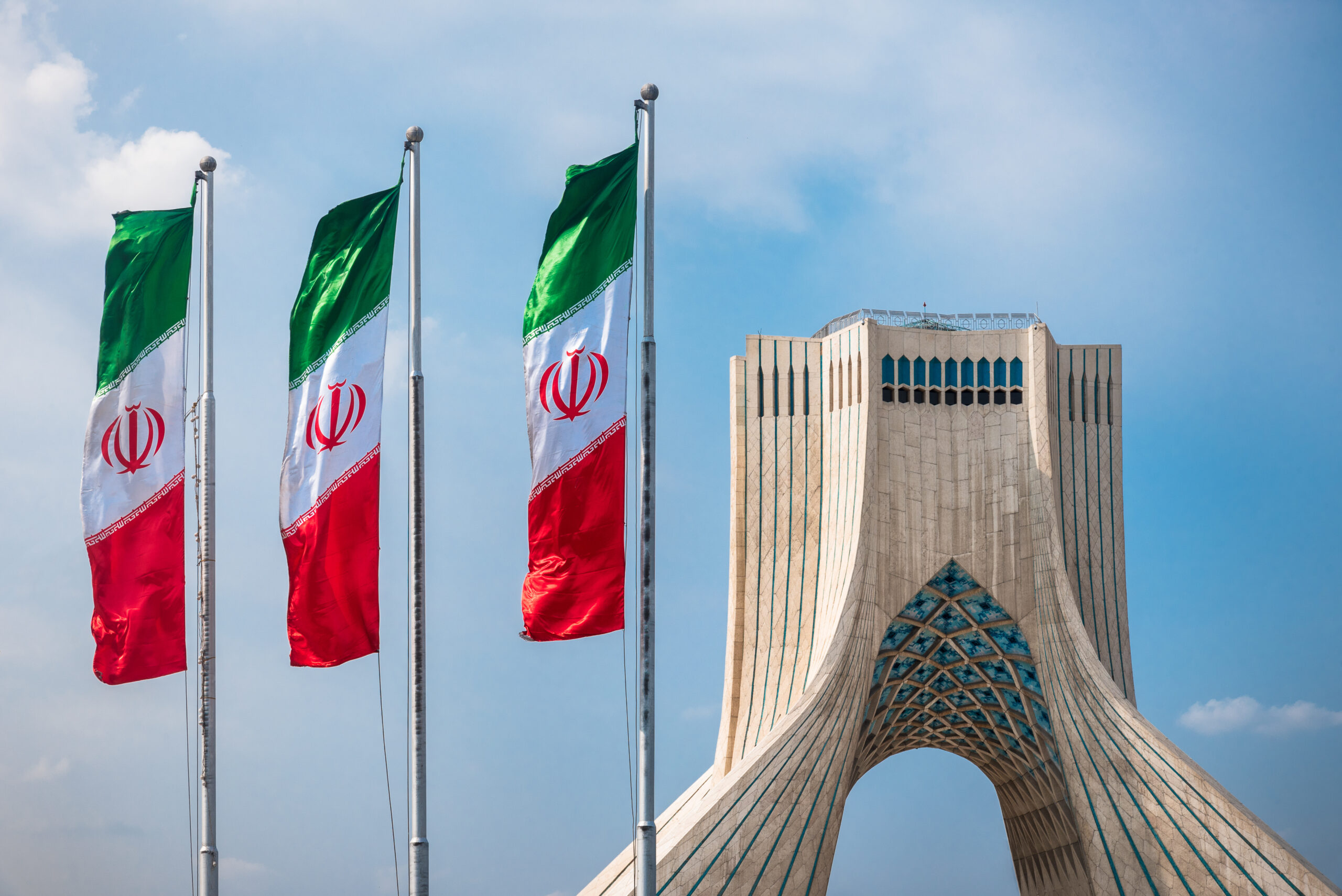Leadership PURGE HALTS Iran’s Nuke Drive

Israel has eliminated over 20 high-ranking Iranian military commanders and six nuclear scientists in precision airstrikes, dealing a devastating blow to Tehran’s leadership and nuclear ambitions.
At a Glance
- Israeli airstrikes killed Revolutionary Guard leader Gen. Hossein Salami and Iran’s highest-ranking military official Gen. Mohammad Bagheri
- Six Iranian nuclear scientists, including former Atomic Energy Organization head Fereydoun Abbasi-Davani, were eliminated
- The strikes targeted multiple military installations and an underground command center
- Iran has already appointed replacements: Mohammad Pakpour as Revolutionary Guard leader and Gen. Abdolrahim Mousavi as top military official
- The operation followed failed negotiations regarding Iran’s nuclear program
Precision Strikes Decapitate Iran’s Military Leadership
Israel conducted massive airstrikes against Iranian military and nuclear facilities, successfully eliminating the highest echelons of Iran’s military command structure. The operation targeted senior Iranian commanders including General Hossein Salami, leader of Iran’s Revolutionary Guard Corps (IRGC), and General Mohammad Bagheri, Iran’s highest-ranking military official. The strategic strikes have effectively dismantled significant portions of Iran’s military leadership in what appears to be Israel’s most ambitious operation against the Islamic Republic to date.
Among the confirmed casualties was General Amir Ali Hajizadeh, head of the Revolutionary Guard’s missile program, who was killed in a precision strike on an underground command center. Lieutenant General Gholamali Rashid, deputy chief of the general staff of the armed forces, was also confirmed dead. These losses represent a severe blow to Iran’s military command structure and operational capabilities. Iranian authorities have moved quickly to appoint replacements, naming Mohammad Pakpour as the new head of the Revolutionary Guard and General Abdolrahim Mousavi to replace Bagheri.
Nuclear Program Severely Impacted
The Israeli operation specifically targeted key figures in Iran’s nuclear program, successfully eliminating six scientists central to Tehran’s nuclear ambitions. Fereydoun Abbasi-Davani, former head of Iran’s Atomic Energy Organization, was among those killed in the strikes. His death represents a significant setback to Iran’s nuclear capabilities, as he possessed critical knowledge and expertise in the country’s atomic development efforts. The timing of these strikes follows failed negotiations aimed at addressing concerns about Iran’s nuclear activities.
Other nuclear scientists killed in the operation include Mohammad Mehdi Tehranchi, head of Iran’s Islamic Azad University, along with Abdolhamid Manouchehr, Ahmad Reza Zolfaghari, Amirhossein Feghi, and Motalibizadeh. These individuals represented the intellectual backbone of Iran’s nuclear program, and their elimination will likely cause significant delays in Tehran’s atomic development timeline. The targeted nature of these strikes demonstrates Israel’s intelligence capabilities and determination to prevent Iran from developing nuclear weapons.
Operation Details and Strategic Implications
The precision airstrikes appear to be part of a larger Israeli operation following heightened concerns about Iran’s nuclear ambitions. The operation, reportedly named “Rising Lion” by Israeli forces, struck multiple military installations, command centers, and research facilities across Iran. These strikes represent a significant escalation in the long-standing conflict between Israel and Iran, with potential ramifications throughout the Middle East region. Israel has consistently maintained that it will not allow Iran to develop nuclear weapons capability.
Israel’s decisive action comes at a critical juncture following the failure of diplomatic negotiations regarding Iran’s nuclear program. The targeted elimination of both military leaders and nuclear scientists signals Israel’s determination to address what it perceives as an existential threat through direct military action. Regional experts suggest this operation may fundamentally alter the strategic balance in the Middle East, potentially forcing Iran to recalibrate its approach to both its nuclear program and regional military activities.
























